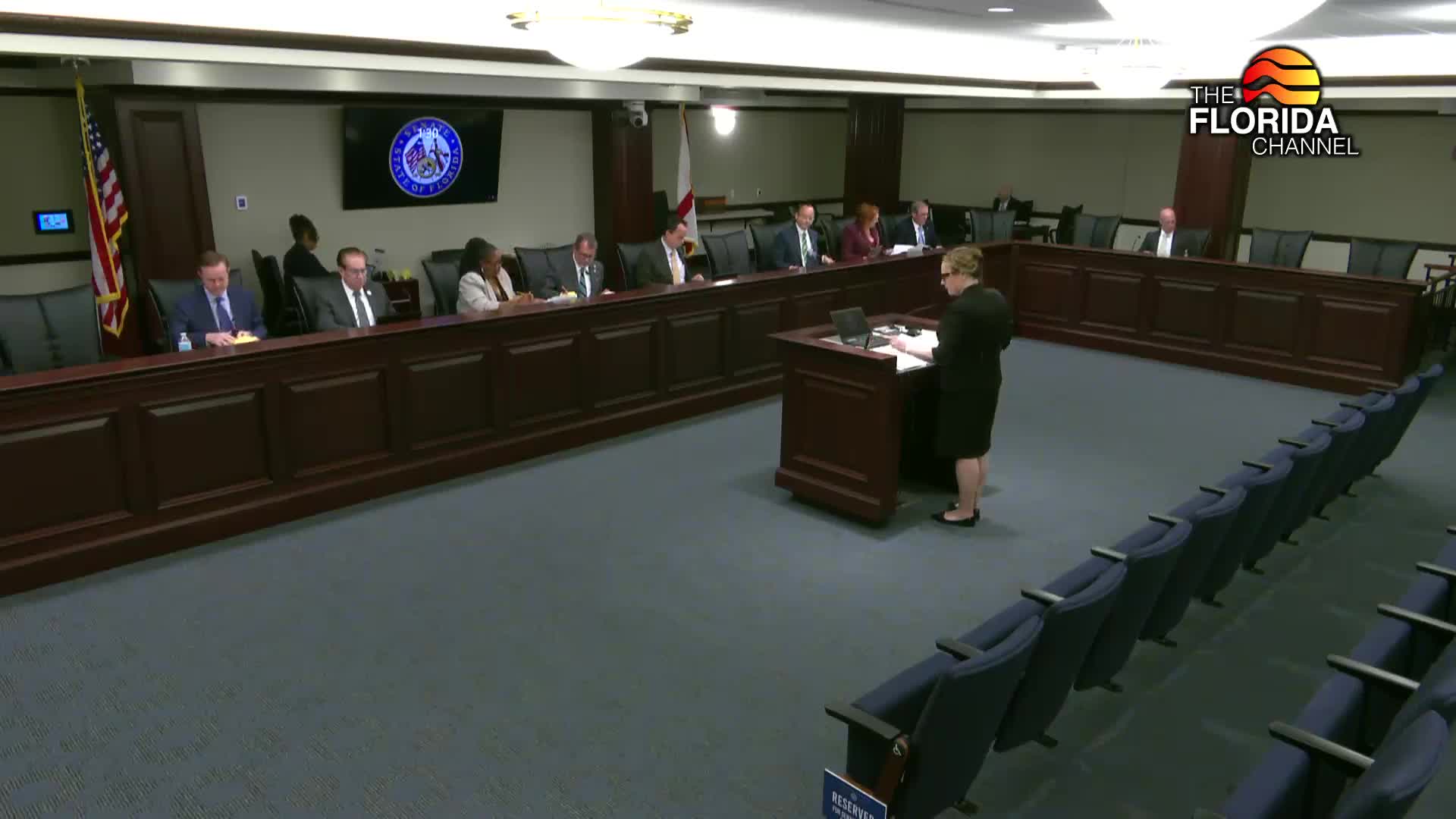Article not found
This article is no longer available. But don't worry—we've gathered other articles that discuss the same topic.
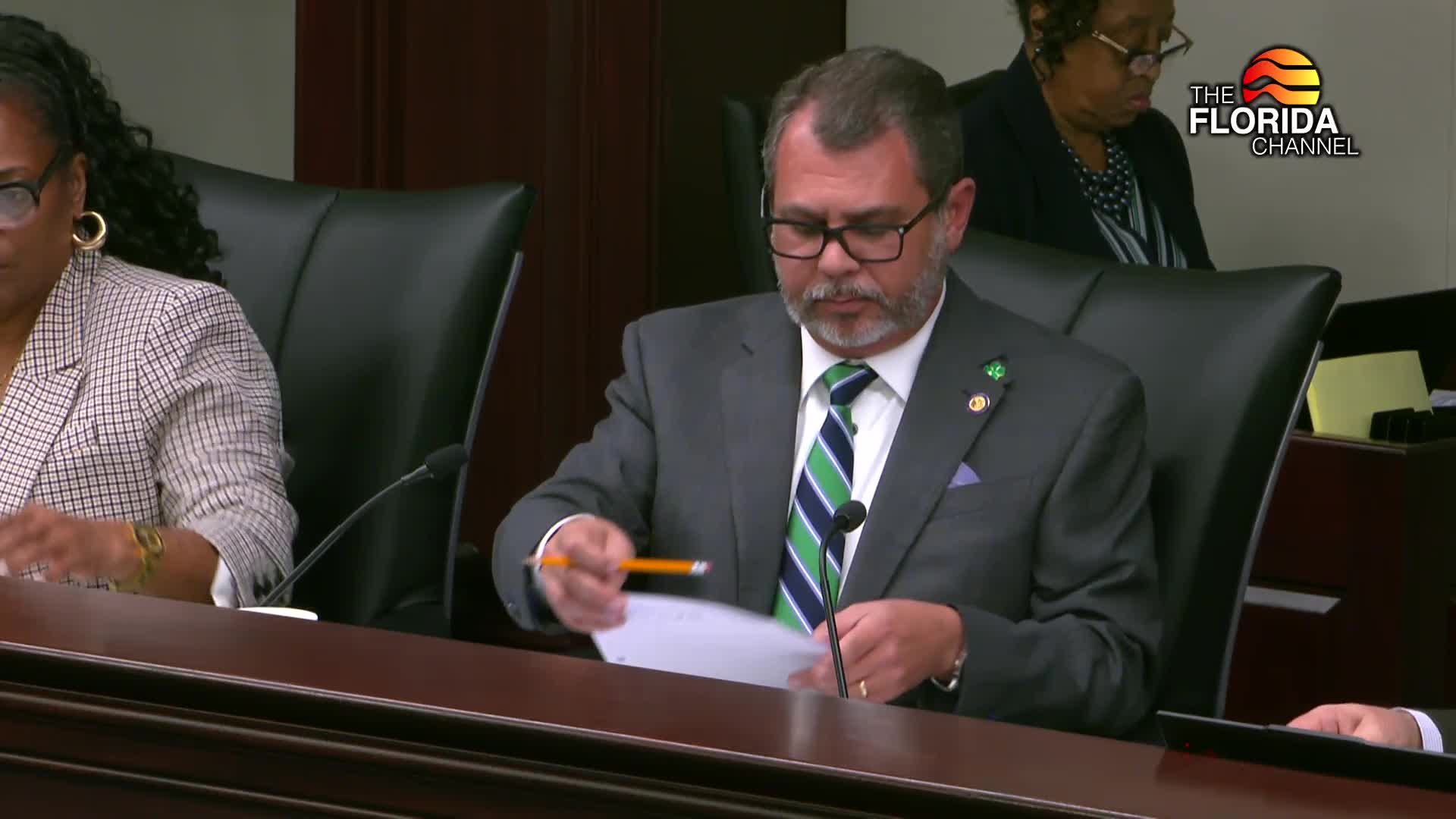
Committee reports bill tightening notice and remedy requirements under Florida whistleblower law
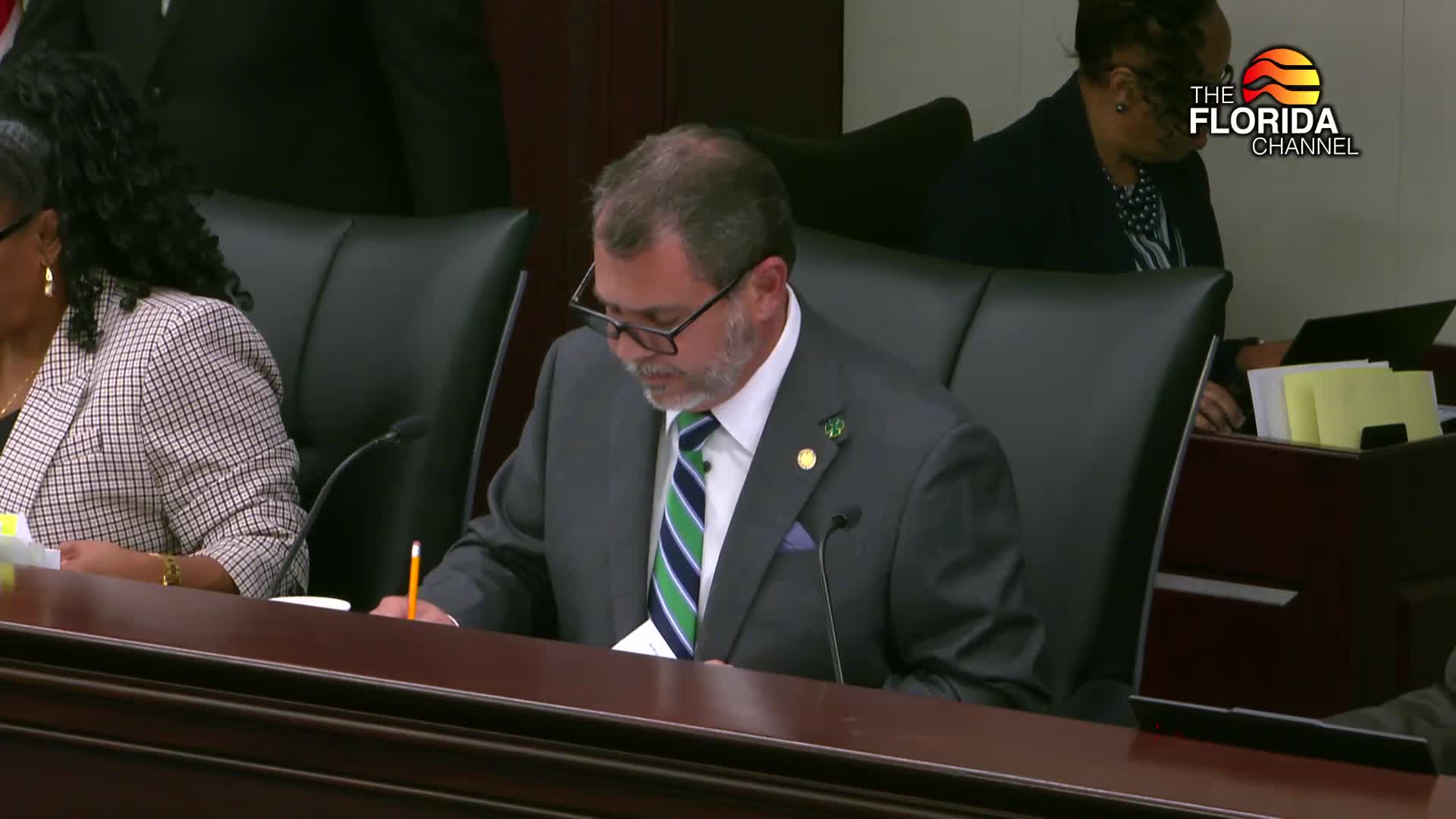
Committee advances bill creating nonprofit benefit plans for farmers; opponents raise concerns about consumer protections
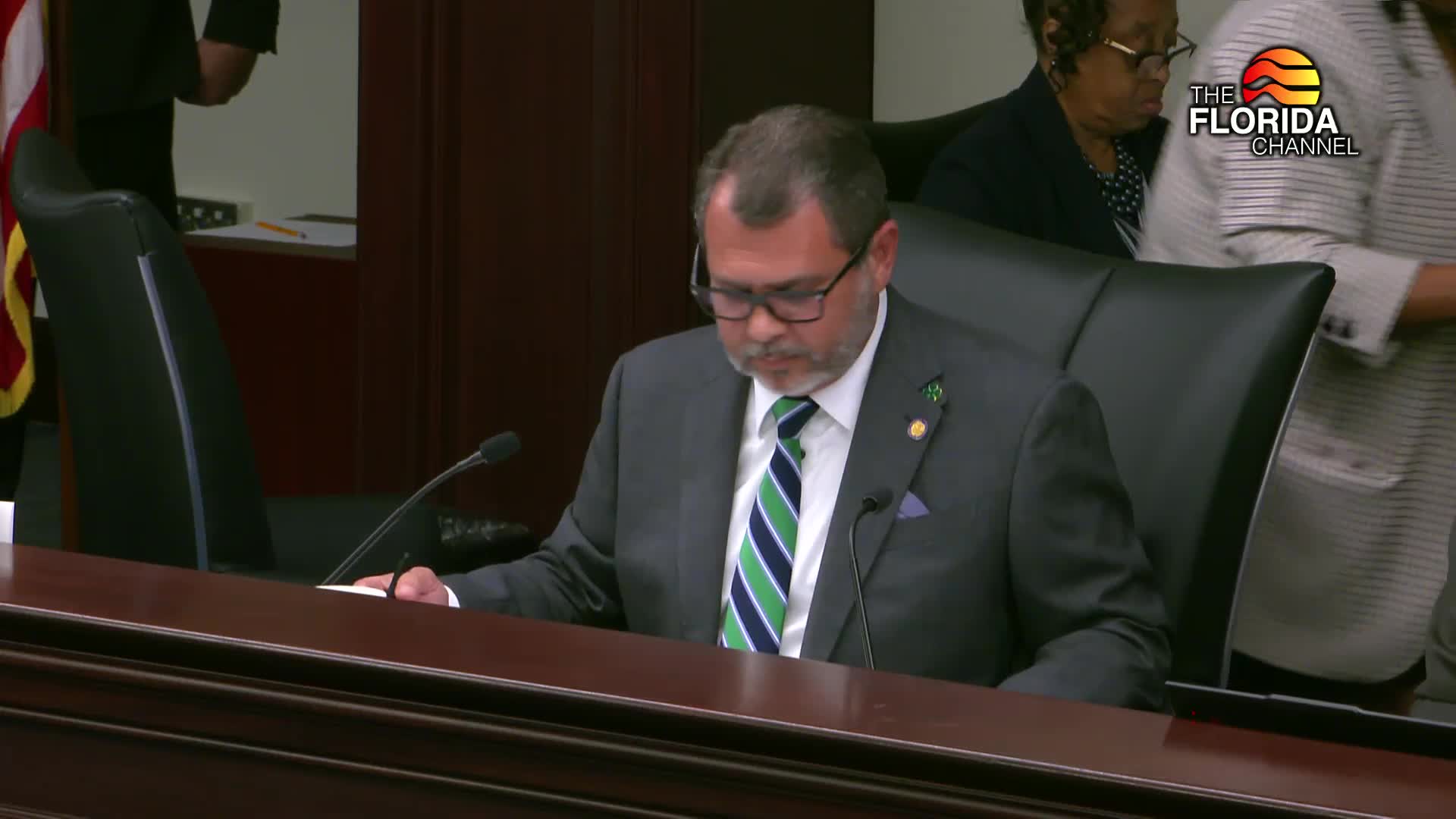
Committee advances bill strengthening enforcement for noncompete and garden‑leave agreements for certain high‑value employees
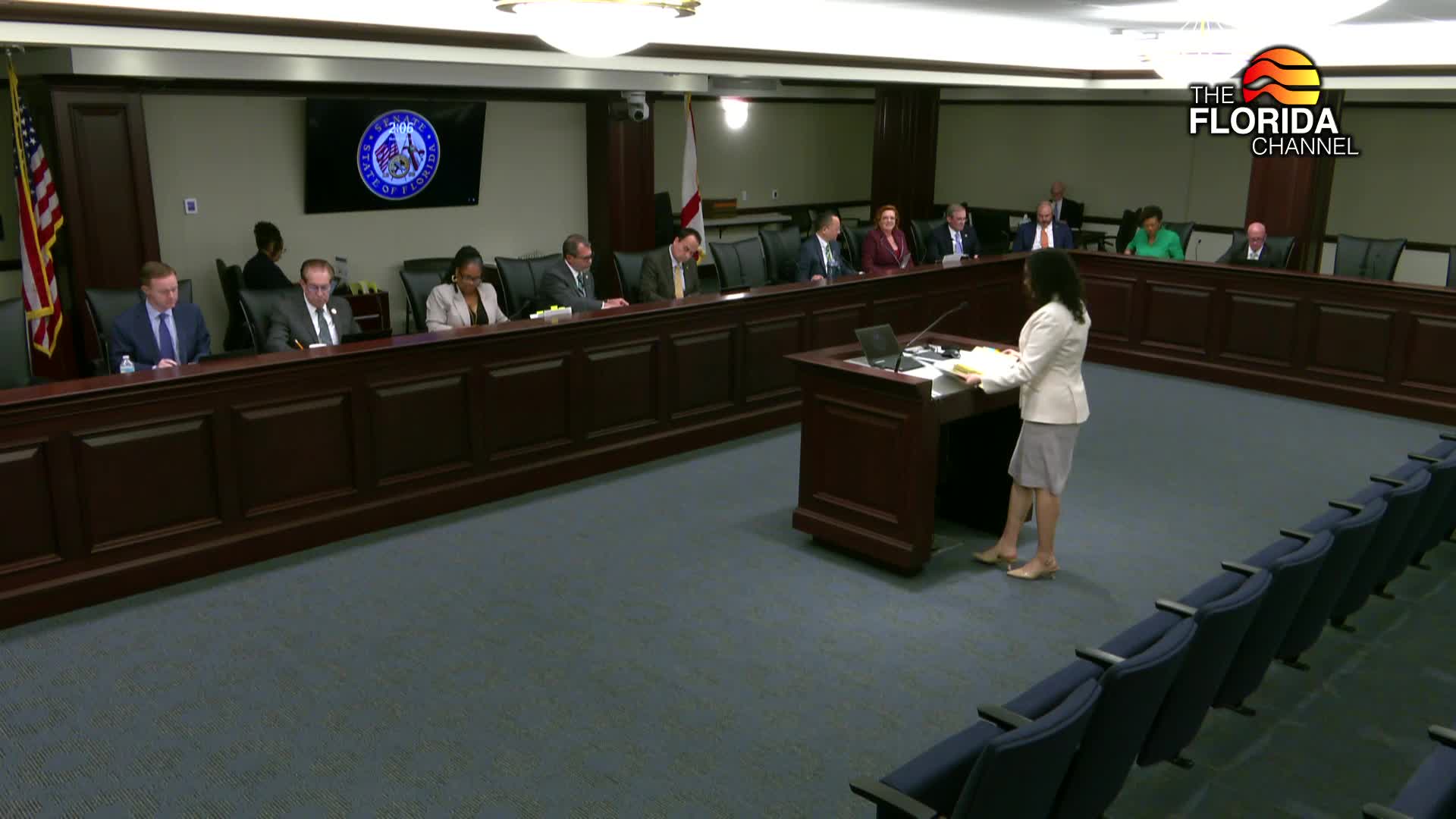
Committee approves bill requiring platforms to remove nonconsensual AI‑altered explicit content within 48 hours
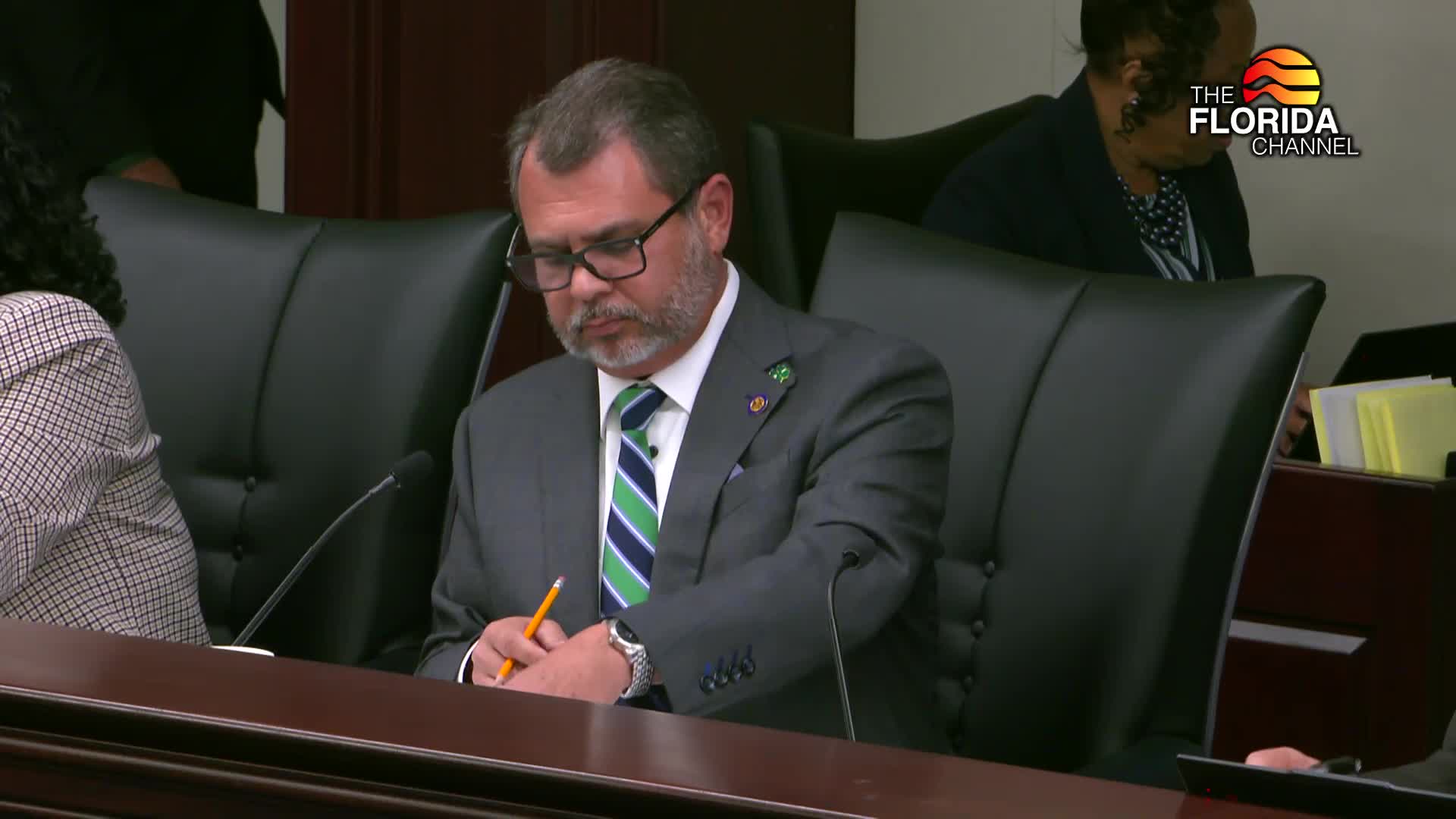
Committee backs bill to expand business incentives and hiring preferences for veterans and military spouses
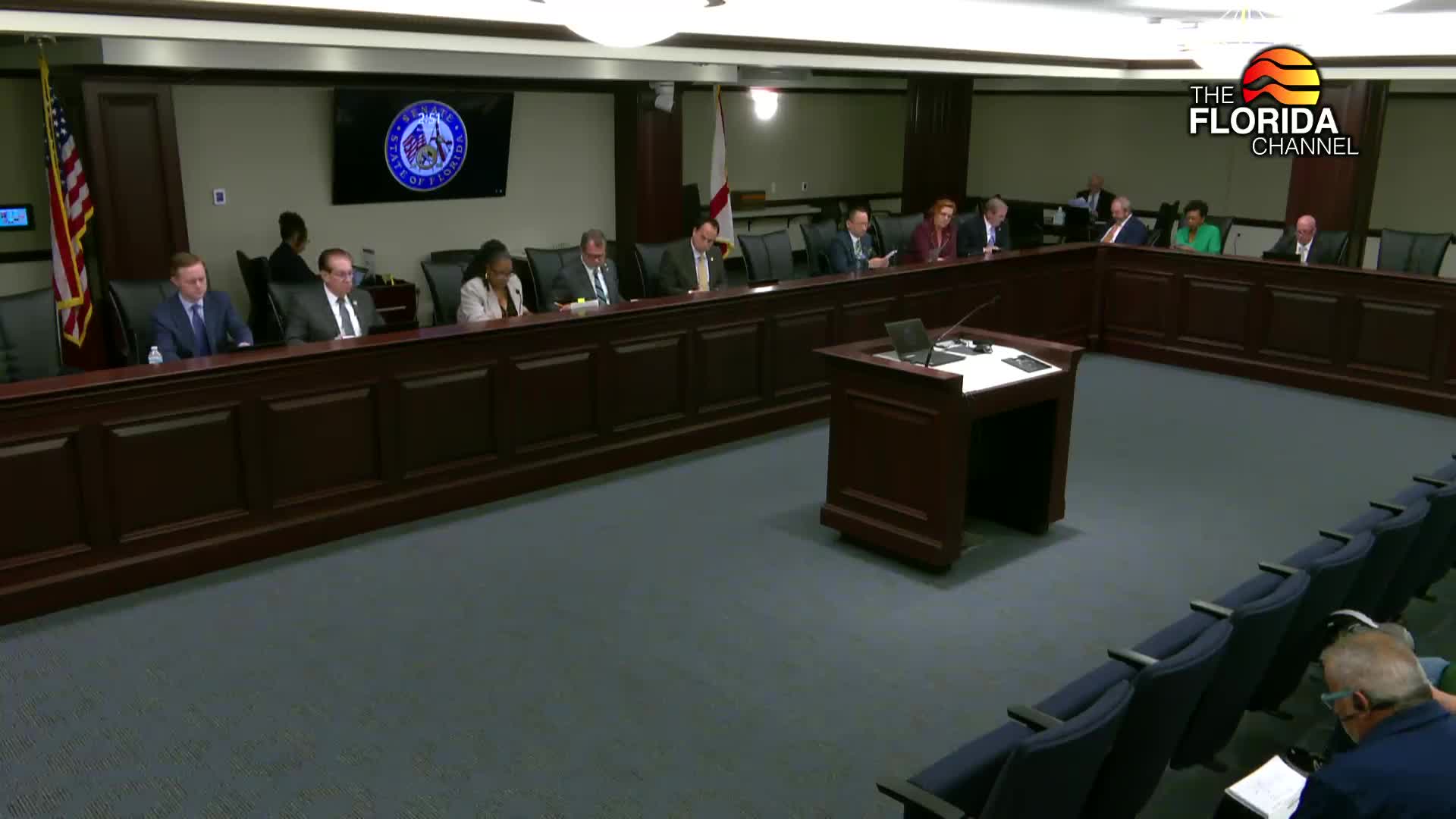
Panel approves bill requiring statewide pawn‑data system for law enforcement by end of 2026
